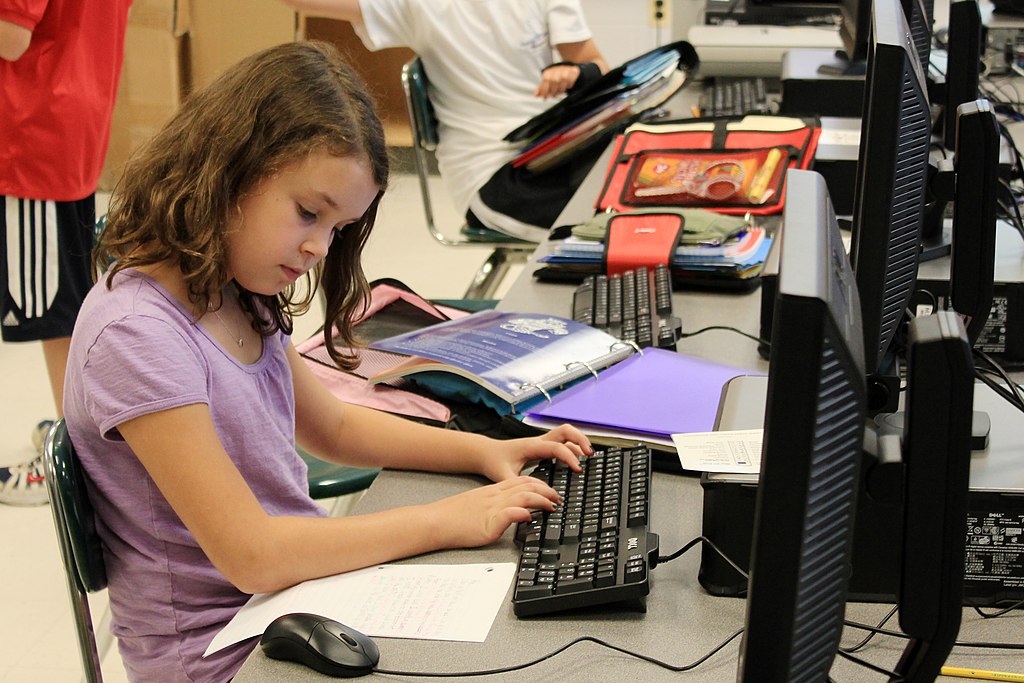
In the United States, the teaching profession is facing a critical shortage, with approximately 55,000 teaching positions unfilled in 2024. Projections indicate that this annual shortage could escalate to 100,000 in the coming years, highlighting an urgent need for innovative solutions in teacher preparation and retention [f5e9f258]. As the demand for digital skills increases due to the rise of artificial intelligence (AI), many teachers report a lack of confidence in their ability to teach these essential skills, further exacerbating the issue [f5e9f258].
The decline in competitiveness within the teaching profession has been evident over the past decade, with a 25% drop in completions of teacher preparation programs [f5e9f258]. This trend is concerning, especially as only 5% of U.S. high school graduates possess the necessary digital skills to thrive in an AI-driven economy [f5e9f258]. In contrast, countries like Canada and China have shown that it is possible to reverse these trends, with China ranking first in the Global Teacher Status Index [f5e9f258].
To address these challenges, the White House Office of Science and Technology Policy has proposed the 'America’s Teachers Innovate' plan, which includes eight executive actions aimed at revitalizing the teaching workforce [f5e9f258]. Recommendations from this initiative include launching a Grand Challenge for teacher preparation, updating scholarship programs, expanding technology-focused training, and convening teacher preparation programs to foster collaboration and innovation [f5e9f258].
The potential economic impact of AI is substantial, with estimates suggesting it could add between $2.6 trillion and $4.4 trillion to the global economy [f5e9f258]. However, without a well-prepared teaching workforce, the U.S. risks falling behind in global competitiveness and failing to equip students for the future job market [f5e9f258]. As the education sector grapples with these pressing issues, the call for innovative approaches to teacher training and support has never been more critical.